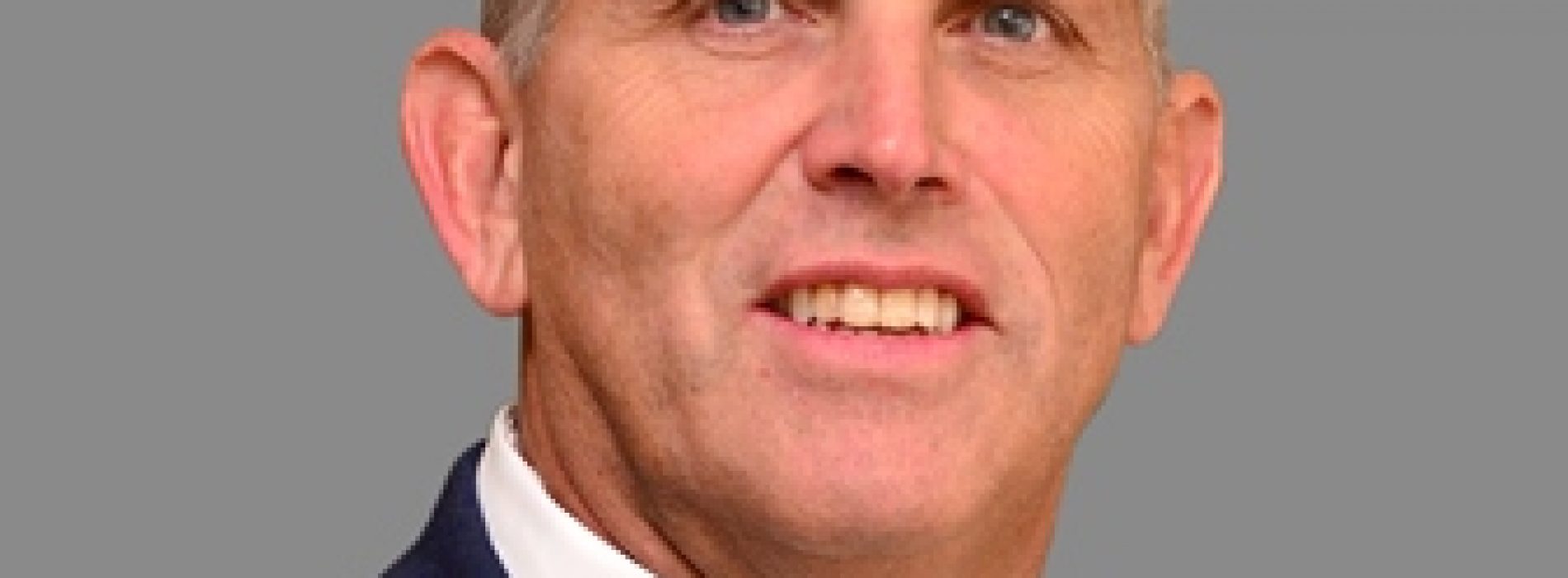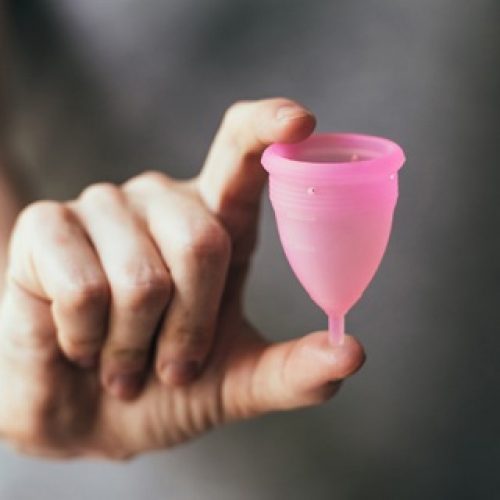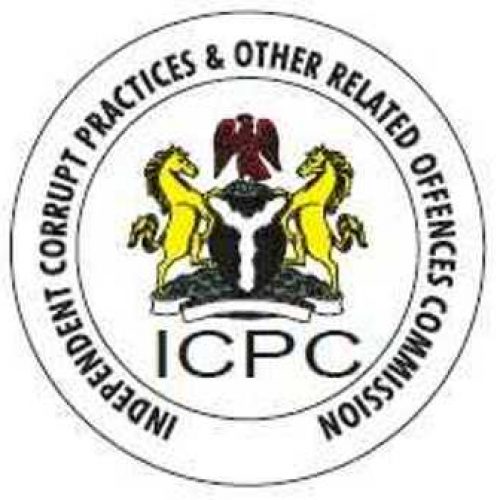Nigerian Content Development: A look at Chevron’s accomplishments, commitment
As Nigeria progresses in its quest to acquire oil and gas technology and build indigenous capacity to service the oil and gas industry, International Oil Companies (IOCs) and other companies are expected to play an active role in Nigerian Content Development (NCD) in the industry.
One company that had imbibed the Local/Nigerian Content Development philosophy well before the Nigeran Oil and Gas Industry Content Development Act (NOGICD Act) was enacted by the Government, is Chevron. Chevron Nigeria Limited (CNL), Operator of the Nigerian National Petroleum Corporation (NNPC)/CNL Joint Venture, is at the fore front of promoting Nigeria’s ideals of economic and social development. Over the years, the company has continued to add value and partner with Nigeria as it commits itself to the vision of being “the global energy company most admired for its people, partnership and performance”.
Chevron plays an active role in the Oil Producers Trade Section (OPTS) of the Lagos Chamber of Commerce and Industry (LCCI), working closely with the Nigerian Content Development and Monitoring Board (NCDMB) and legislators on NCD issues. Chevron has a four-prong approach to NCD – which is inspired by the commitment to ensuring Nigerian entrepreneurs (both at the community and state levels) acquire the right competencies and capabilities to compete for business opportunities with their contemporaries at national and international levels. The approach includes: selection of qualified local contractors; facilitation of partnerships and alliances between indigenous companies and foreign firms; capacity building; and development of local competencies.
Chairman/Managing Director, CNL, Jeff Ewing, explains the company’s stance on NCD thus:
“At Chevron Nigeria Limited, we demonstrate our commitment to the socio-economic development of Nigeria by building mutually-beneficial partnerships, and supporting the policies of government on Nigerian Content Development. We have helped in building the capacities of several Nigerian businesses by allocating substantial scopes of our major capital projects to Nigerian companies. Chevron is also helping to grow the Nigerian economy by contributing to the development of communities in the areas of our operation. We do all this, not just because it is required by the law, but because it is the right thing to do.”
The various areas in which Chevron implements the NOGICD Act in Nigeria include human capacity development, facility fabrication, construction and installations. Others include support for facility acquisition, facilitation of partnerships between local and foreign contractors, and provision of opportunities for local community contractors through work scope allocation in Chevron’s major capital projects in Nigeria.
On human capacity development, Chevron completed construction training for 161 Nigerians on welding, fabrication and craft at Nigerdock facility, Snake Island, Lagos for its Sonam Development Project. Also on the Agbami Phase 3 Development Project, Chevron sponsored four Nigerian engineers for subsea engineering training in France in partnership with NCDMB and Technip Offshore Nigeria Limited. The training also included two visits to manufacturing plants in France and Norway. Chevron is currently training six young Nigerian Engineers in subsea engineering at FMC Technologies facility, Federal Ocean Terminal (FOT) Onne, Rivers State. In addition, five Nigerian Engineering graduates sponsored by CNL, also completed subsea training at Marine Platforms Limited in Port Harcourt. One of the trainees was offered full-time employment with Marine Platforms Limited (MPL) as a Marine Cadet.
CNL’s accomplishments in human capital development include training 14 earth science graduates in two batches under the 12-month skills acquisition programme initiated by NCDMB. CNL also offered scholarships to Nigerian seamen for dynamic positioning training at PEM Offshore Limited, a marine training facility with a contract worth $1 million and collaborated with NCDMB to assist over 600 community graduates to register in the Nigeria Oil and Gas Industry Content Joint Qualification System (NOGIC JQS). CNL also awarded a $180,000 contract to a local consulting firm, Lonadek Nigeria Limited, to develop and pilot an industry-first capacity building initiative for drilling and completion professionals.
On fabrication, construction and installation, Chevron facilitated the assembly by FMC Technologies of the first assembled-in-Nigeria Subsea Horizontal Xmas Tree and the fabrication in Nigeria of Agbami production manifolds for the Agbami Phase 3 Project by FMC Technologies/Aveon Offshore Nigeria Limited. Chevron also facilitated the safe, timely and successful installation of subsea equipment like flexible flowlines, umbilicals and jumpers on Agbami Phase 3 project by a Nigerian Contractor – Marine Platforms Limited.
It is on record that CNL facilitated the fabrication and load out of Offshore Platform Topsides and Bridge Connection for the Sonam Non-Associated Gas Well Platform (NWP) by Nigerdock Plc.; the fabrication and load-out of the Okan PRP Topsides; Bridge Fabrication of Okan PRP jacket by Globestar in partnership with Idmon Engineering and Construction Co. Limited; Installation of 32km 24” Sonam to Okan NWP pipeline by West African Ventures Limited; and the coating of the pipes used for the Sonam Development Project and Escravos Export System Project (EESP) by Pipe Coaters Nigeria Limited.
The Executive Secretary, NCDMB, Engr. Simbi Kesiye Wabote highlighted Chevron’s NCD achievements during the recent passing out ceremony of earth science graduate-interns that were trained by Chevron. He stated:
“In terms of fabrication, Chevron has done a lot. I am sure you heard about the Sonam project which was done in Nigeria. A lot of the fabrication happened here, a lot of the engineers that were on that project are Nigerians. You also hear about the pipeline project Chevron is currently executing – the contractors are Nigerians and most of the vessels that are deployed for that project are owned by Nigerians. So, I think human capacity development-wise they (CNL) have done a lot on fabrication as well as logistic services and trickling that down to community participation in their operations.
“They (CNL) have a very robust system which I think the rest of industry should try to emulate which is the GMoU process. That has been a game changer in the community/IOC relationship. They started it and I am sure other companies like Shell, Agip and others have also latched on to the Global Memorandum of Understanding (GMoU). So, the contribution has been phenomenal and I think we can break that down even into value that is domiciled in-country in terms of amount of money that is spent on projects and number of Nigeria contractors that have benefitted from Chevron’s operations. I think the testimony is endless I must say …. So, I think that Chevron is perhaps a shining star amongst a lot.”
Chevron’s commitment to Nigerian Content development did not start today. The Agbami project set industry standards by fabricating more than 10,000 tonnes of steel with Nigerian fabrication companies, the highest ever recorded in Nigeria. Chevron also trained 105 Nigerian engineers from 21 engineering companies in South Korea. The Escravos Gas Project (EGP) has employed over 1,800 Nigerians and sourced millions of Dollars’ worth of services (engineering, procurement, fabrication, marine etc.) locally.
Also, the Escravos Gas-to-Liquids (EGTL) project provided employment to more than 15,000 Nigerians during the construction phase of the project. In addition, the project awarded huge sub-contracts to local community contractors, sent 234 Nigerians on a 30-month training program in South Africa at the Synthetic Fuel Facilities of Sasol and trained over 7,000 Nigerians in Technical Skill Crafts, Plant Operation and Maintenance, Business and Project Management, Logistics and Supply Chain Management and Gas Tungsten Arc Welding (GTAW) processes. CNL demonstrated unprecedented support for the local barite mining industry by donating barite mining equipment worth $1.4 million and training to the Association of Miners and Producers of Barite (AMAPOB) to boost the supply and quality of local barite, reduce importation of barite and create jobs for the local communities.
Chevron will continue to be committed to the NOGICD Act, as part of our support for local capacity building. CNL’s Chairman/Managing Director affirmed this when he said that:
“We will continue to empower Nigerian service providers and suppliers through: human and business capacity development; local patronage and work scope allocation; fostering of business partnerships and sponsorship of research and development programmes to enhance the capacity of indigenous companies to participate in the oil and gas industry.”
About author
You might also like
Menstrual cups spark interest in Malawi
LILONGWE, Malawi – Prisca Gama, 22, and Given Mwira, 26, remember first trying the menstrual cup in November 2016. The women, both fourth-year students at Mzuzu University in northern Malawi,
In Sogunro community, teenage pregnancy rules
Procreation commonly known as child bearing is a divine engagement and one that usually brings joy and excitement to humankind, when it is done at the right time and for
ICPC Arraigns Ex-banker over N78.5m Fraud
The Independent Corrupt Practices and Other Related Offences Commission (ICPC) has charged a former staff of Skye Bank, Mr. Yemi-Aris Olaniran, to court for allegedly defrauding the Federal Government of







0 Comments
No Comments Yet!
You can be first to comment this post!